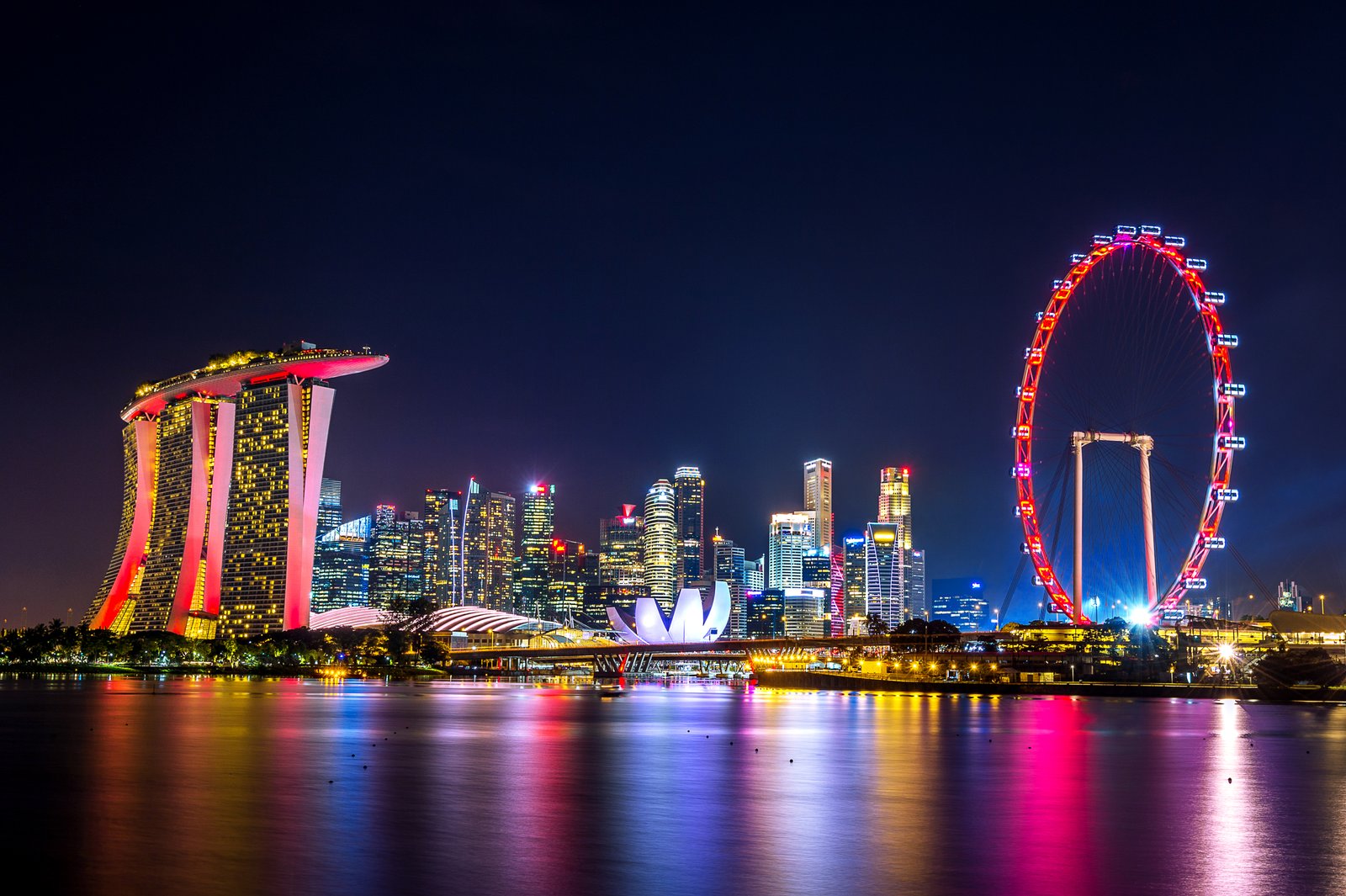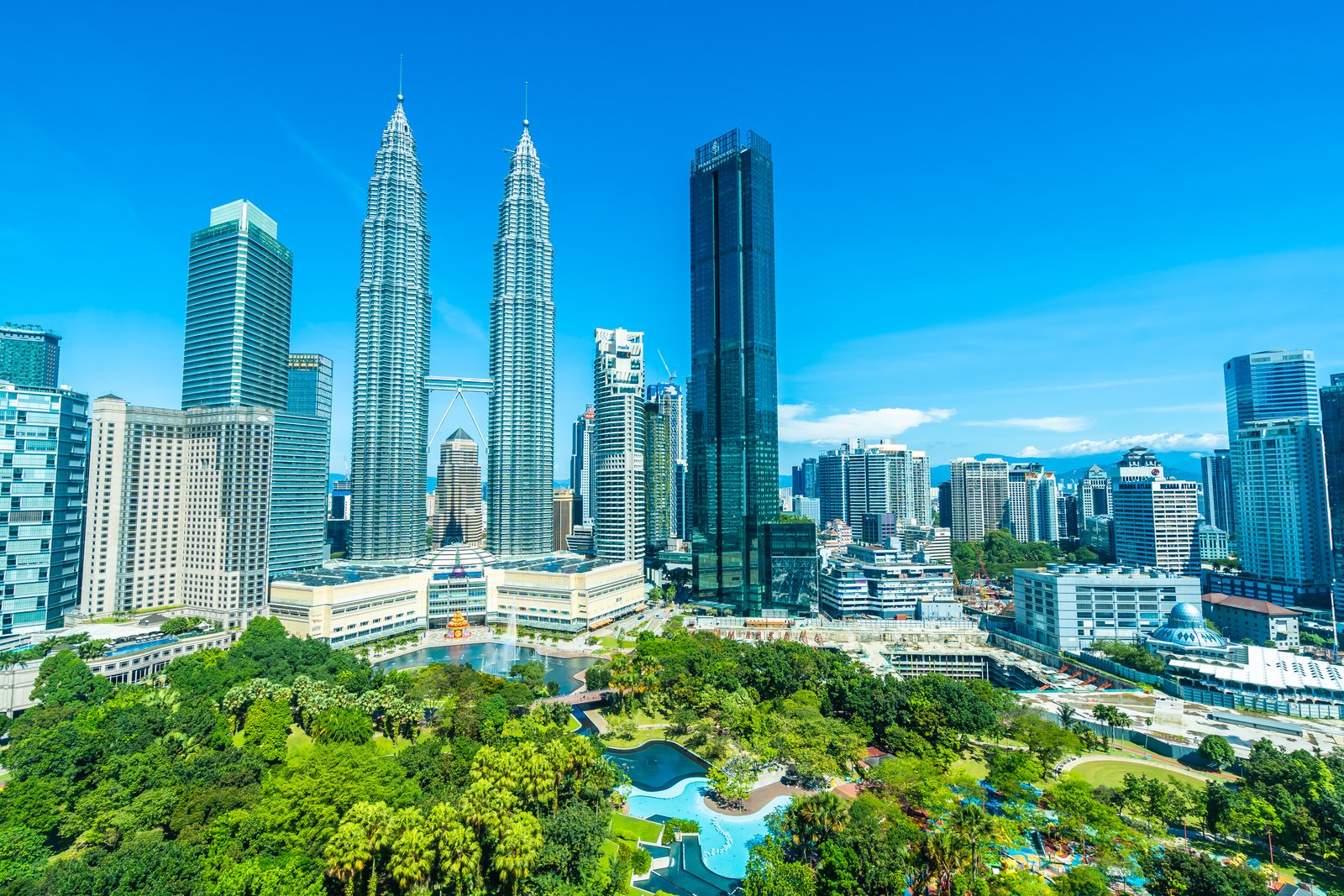Menara 165 Building, 9th Floor, Jakarta, Indonesia

How to apply for Residence by Investment in Singapore
If you’re interested in obtaining permanent residency in Singapore through investment, there are specific programs you can explore. Let me provide you with the details:
Singapore Global Investor Program (GIP):
The Singapore Global Investor Program is designed for wealthy foreign entrepreneurs, business owners, and managers who wish to make Singapore their home.
Successful applicants receive Singaporean permanent residence status within nine to twelve months.

Some businesses for investment in Singapore
Singapore is a vibrant hub for business and investment. Here are some profitable business ideas you might consider:
- Baking
- Bookkeeping Services
- Content Creation
- Digital Marketing Consultancy
- E-commerce
- Graphic Design
- Personal Training
- Photography:
- Tutoring
- Web Development
Here are some popular types of investments in Singapore:
Additionally, if you’re interested in investment opportunities, here are some popular types of investments in Singapore:
CPF Investment Scheme (CPFIS): Utilize your Central Provident Fund (CPF) savings to invest in various financial instruments.
Exchange-Traded Funds (ETFs): Diversify your portfolio by investing in ETFs that track market indices.
Robo-Advisors: Automated investment platforms that manage your portfolio based on algorithms.
Stocks: Invest directly in publicly traded companies listed on the stock exchange.
Property: Real estate investment, either residential or commercial properties.
Bonds: Fixed-income securities issued by governments or corporations.
Unit Trusts/Mutual Funds : Pooled funds managed by professional fund managers

How long does it take to obtain residency through investment?
The processing time for obtaining residency through investment in Singapore can vary based on the specific program you choose and individual circumstances.
Singapore Global Investor Program (GIP):
The Singapore Global Investor Program aims to attract wealthy foreign entrepreneurs, business owners, and managers who wish to make Singapore their home.
Successful applicants receive Singaporean permanent residence status within nine to twelve months.
Investment Options:
Option A: Demonstrate an investment of SGD 10 million (including paid-up capital) into a new or existing business in Singapore and hire at least 30 employees. This option allows eligibility for re-entry permit renewal after the initial five-year period.
Option B : Invest at least S$2,500,000 in setting up a new business entity, expanding an existing business operation, or investing in an investment fund.
Requirements:
Established business owners, next-generation business owners, founders of fast-growing tech companies, and family office principals with substantial entrepreneurial, business, and management experience may choose one of the investment options to acquire Singaporean permanent residence.
Business Investment including Real Estate in Singapore
Investing in real estate in Singapore can be a lucrative opportunity and here’s how you can get started with property investment:
Understanding the Singapore Real Estate Market:
Singapore’s property market is known for its stability, transparency, and strong legal framework.
Limited Land Supply: Singapore’s small land area (only 728 square kilometers) has led to high property prices due to strict land-use policies.
Strong Demand: Despite high prices, there’s consistent demand driven by a stable political environment, a strong economy, and a high standard of living.
Cooling Measures : The government has implemented measures to curb speculation and stabilize property prices, including Additional Buyer’s Stamp Duty (ABSD) and other regulations.
Types of Real Estate Investments in Singapore:
Residential Properties: These can provide rental income and potential capital appreciation.
Commercial Properties: Include office spaces, retail buildings, and industrial properties.
Industrial Properties: Warehouses, factories, and logistics facilities.
Real Estate Investment Trusts (REITs).
Passive investment options that allow you to invest in a diversified portfolio of properties
Financial Considerations:
- Budgeting: Determine your budget for investment.
- Financing: Explore financing options, including mortgage loans.
- Rental Yield: Calculate potential rental income relative to property cost.
- Market Research : Understand property values, rental rates, and trends.
⦁ Global Investor Programme (GIP):
The GIP offers Singapore Permanent Resident status to eligible global investors who intend to drive business growth from Singapore.
Requirements include a substantial business track record and successful entrepreneurial background.
GIP application forms and supporting documents are required for PR status
Property Market Outlook:
In 2023, Singapore’s residential property market showed signs of moderation due to cooling measures and economic conditions.
Interest rates and property prices stabilized, and demand shifted with continuous BTO launches.
Million-dollar HDB flats remained in demand
Where can you go for business or visa in Singapore?
If you’re planning to visit Singapore for business purposes, you may need a business visa. Let’s explore the different types of business visas available for Singapore:
Entry Visa (Single and Multiple Entry):
The entry visa is the standard option for both social and business visits to Singapore.
You can choose between a single-entry or multiple-entry visa.
Duration: You can stay for up to 30 days or 90 days at a time, depending on your home country.
Note that an entry visa doesn’t guarantee entry; customs officials decide upon arrival
EntrePass:
If you plan to start a new business in Singapore, consider the EntrePass.
Eligibility: Open to all nationalities.
Purpose: For foreign entrepreneurs setting up a private limited company or with a registered business less than 6 months old.
Validity: Lasts for 1 year , and you can apply for passes for family members as well.
APEC Business Traveller Card:
Business travelers from certain countries holding an APEC Business Travel Card can visit Singapore for up to 60 days visa-free.
Eligible countries include Australia, China, Hong Kong, Indonesia, Japan, Malaysia, Russia, Mexico, Vietnam, Thailand, and others.
